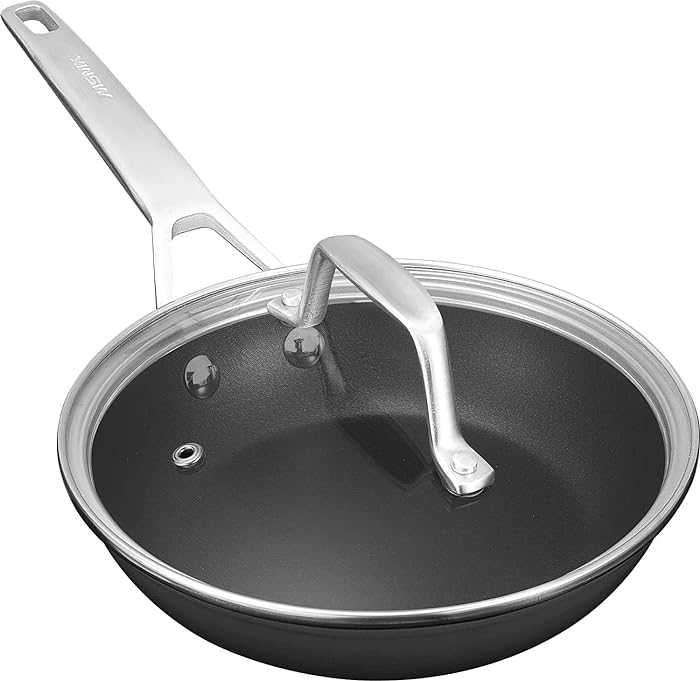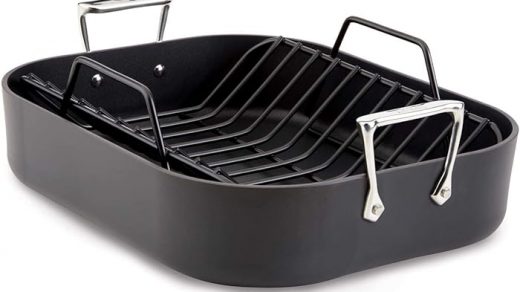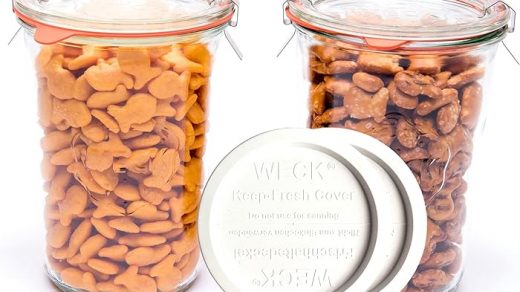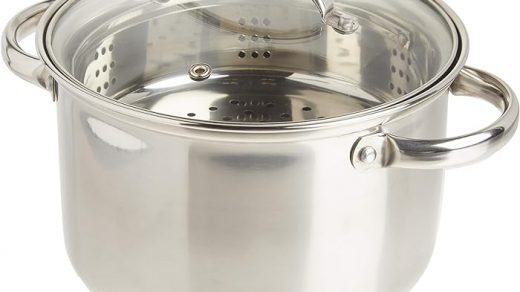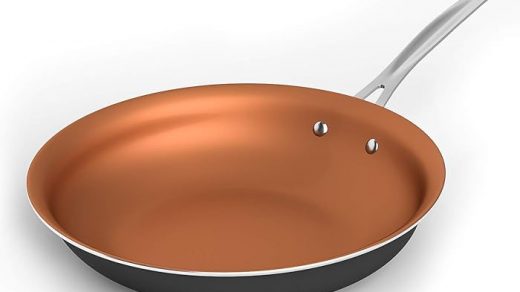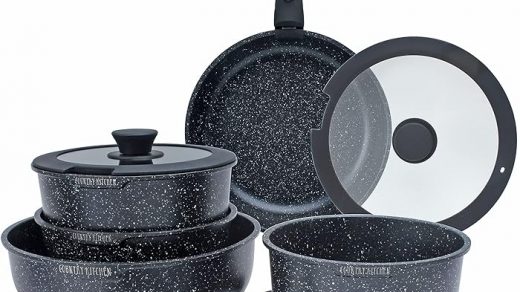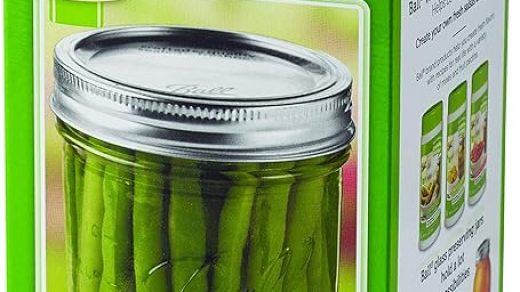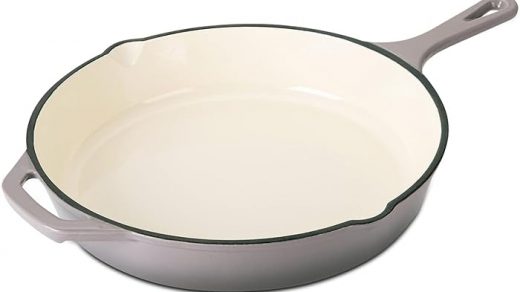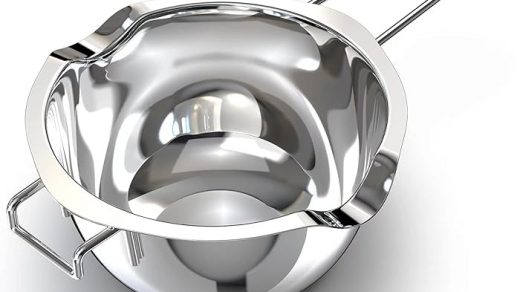Cooking eggs in a frying pan sounds simple, yet it can sometimes lead to burnt or sticky results. Selecting the right equipment, especially when considering a small nonstick frying pan, can make all the difference. This guide will delve into how you can achieve perfectly cooked eggs without them sticking or getting damaged, while also ensuring your pan remains scratch resistant and dishwasher safe.
Choosing a high-quality nonstick frying pan is the first step towards a hassle-free egg-cooking experience. Here are some tips to consider:
Size Matters: For individuals or couples, a small frying pan might suffice. However, it’s vital to ensure it’s not too small to cause overcrowding or uneven cooking.
Nonstick is Key: Always opt for a nonstick frying pan when cooking eggs. It reduces the need for excessive oil or butter, promoting healthier meals and ensuring your eggs don’t stick.
Heat Control: To prevent your eggs from burning, always preheat your frying pan on medium heat. Once hot, you can adjust the temperature according to the dish you’re preparing.
Use of Utensils: Ensure you’re using utensils that won’t scratch or damage the nonstick surface. Silicone or wooden spatulas are recommended.
Cleaning & Care: While many nonstick frying pans claim to be dishwasher safe, it’s generally recommended to hand wash them gently to maintain the coating’s integrity. If you must use a dishwasher, ensure the pan is labelled as ‘dishwasher safe’.
Lid for Cooking: Using a lid can help in evenly cooking the egg, especially for dishes like an omelette. It traps steam, allowing the top part of the egg to cook without flipping.
By following these guidelines, not only will you enjoy perfectly cooked eggs, but you’ll also ensure the longevity of your nonstick frying pan.
